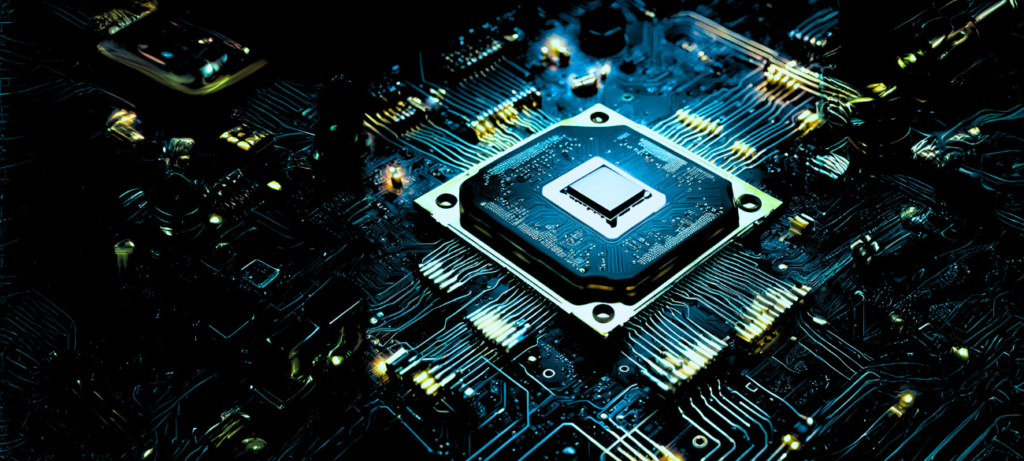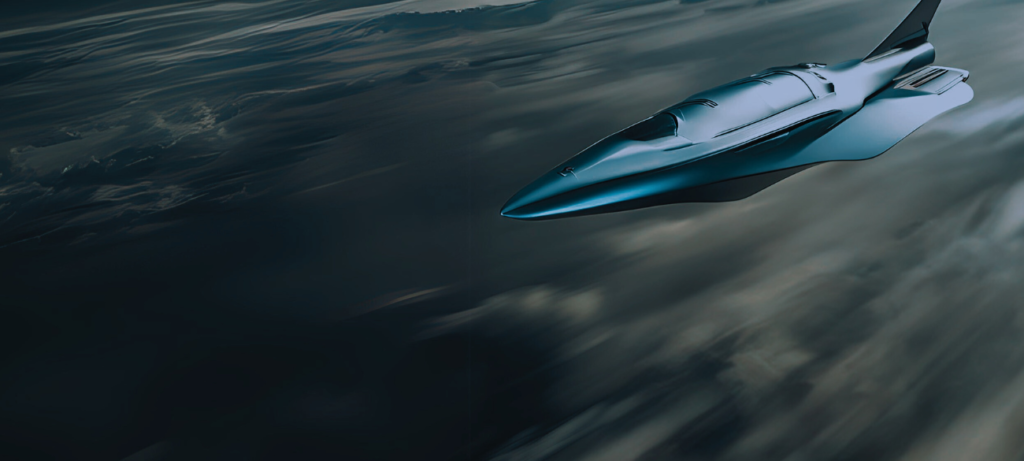AI is making its way into military operations and warfighters will increasingly co-exist with machines with progressively more advanced autonomous capabilities. As machines make the jump from simple tools to cooperative teammates, human-machine teaming will be at the center of warfare. Understanding how to ensure trust between humans and machines is critical.











